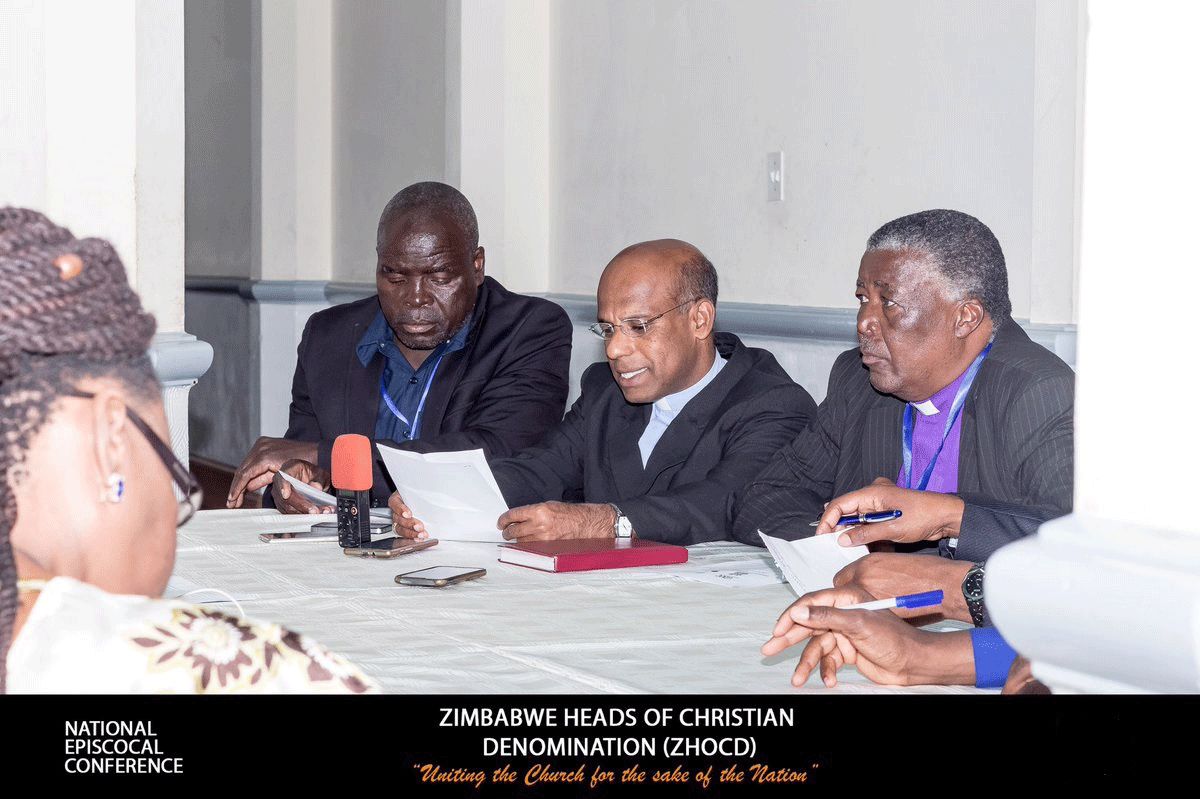Harare, 11 October, 2019 / 3:44 am (ACI Africa).
At a time when Zimbabwe is grappling with a myriad of challenges among them “the worst economic crisis since the 2017 coup which unseated (former) President Robert Mugabe,” leaders from various Christian denominations in the landlocked Southern Africa nation are calling for a seven-year suspension of politicking in what they have termed “a Sabbath on all political contestation” aimed at rebuilding trust and confidence among Zimbabweans.
“We are calling the nation to SABBATH on all political contestation for a period of seven years to allow for the rebuilding of trust and confidence, reset our politics and chart a shared way forward,” Zimbabwe Heads of Christian Denominations (ZHOCD) said in a statement availed to ACI Africa.
ZHOCD is made up of heads of various Christian denominations that include Zimbabwe Catholic Bishops’ Conference (ZCBC), Evangelical Fellowship of Zimbabwe (EFZ), Union for the Development of Apostolic Churches in Zimbabwe Africa (UDACIZA) and the Zimbabwe Council of Churches (ZCC).
In these Christian leaders’ considered view, fasting from politics for a period of seven years can bear good fruit since they envision “a comprehensive economic recovery path in a non-competitive political environment.”
The leaders have outlined four objectives of their proposed “national seven-year SABBATH”, including the establishment of “an emergency recovery mechanism to address the dire national situation,” the healing of past injuries in view of rebuilding trust and confidence, the deepening of democracy through “a shared national reform agenda,” and the establishment of “a shared and inclusive national economic vision.”








